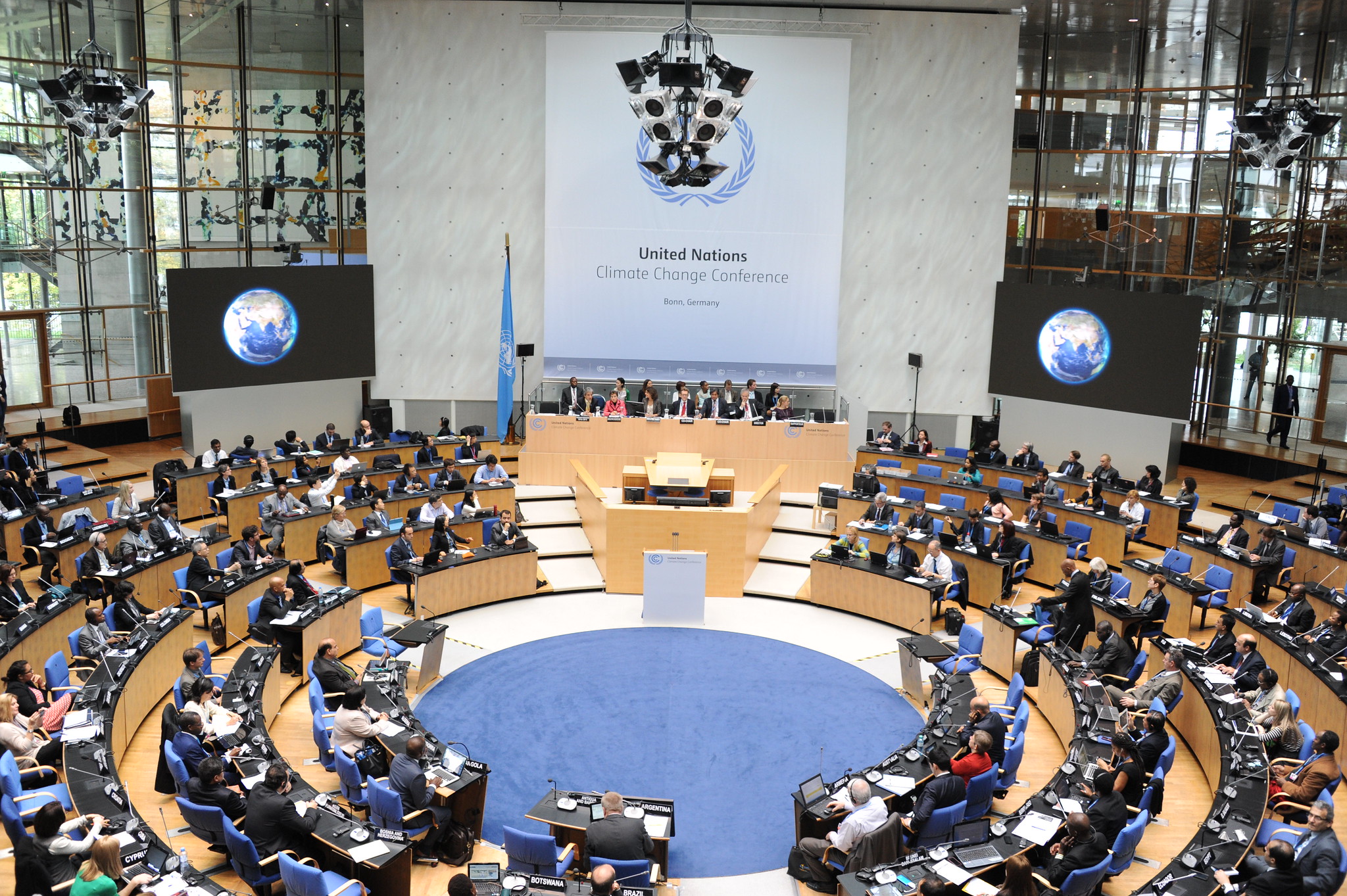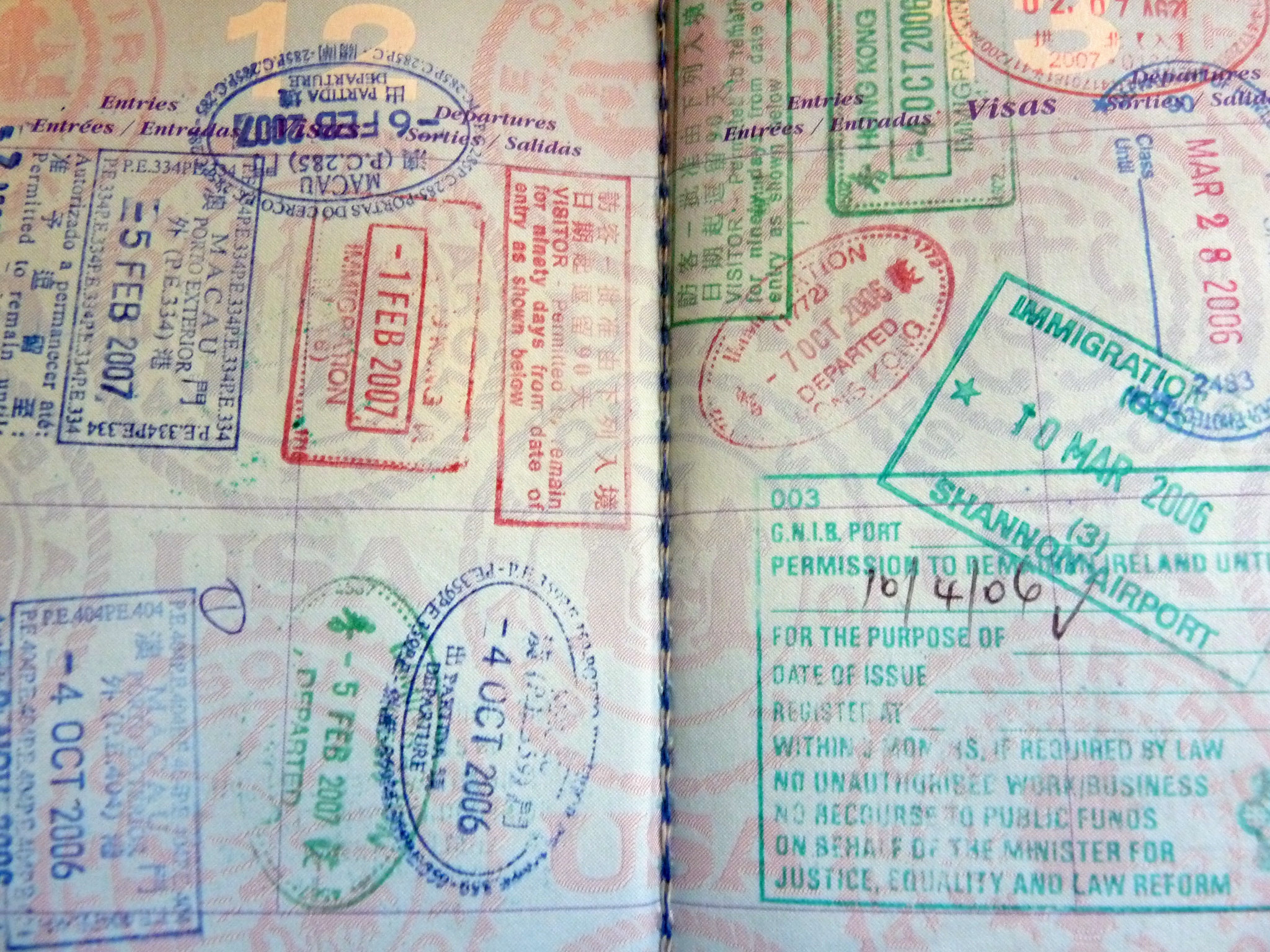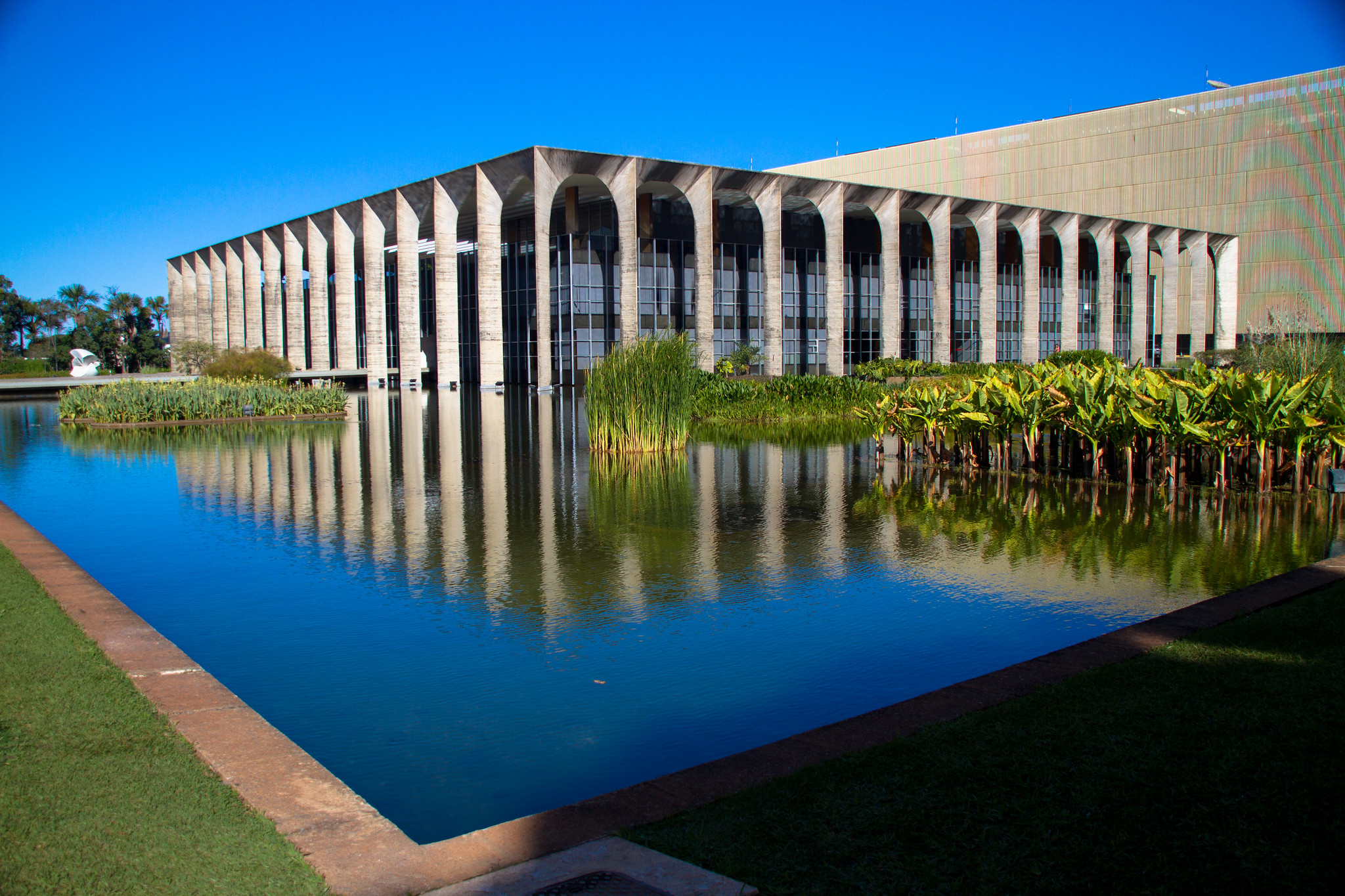African countries should assert their rights to equal diplomatic representation on the international stage and not accept being grouped together for the convenience of host countries, writes Abubakar Abubakar Usman.
Diplomatic summits among heads of state were traditionally reserved for resolving urgent political crises. In recent decades, they have become more frequent due to the growing need for, and opportunities for, collaboration. Leaders attending summits are expected to meet as equals and address matters of mutual interest, with the choice of venue and agenda highly choreographed based on their relationship and objectives.
Unfortunately, recently we have seen the emergence of ‘One-Plus-Africa’ summits. These gatherings involve major powers like the United States, China, or Russia engaging with all African countries in one go, setting the agenda, and choosing the venue.
The inaugural Sino-Africa summit took place in November 2003, with the participation of all 48 African states, mostly represented by their Heads of State.
In December 2022, the US hosted its second US-Africa Leaders’ Summit. The latest summit saw the attendance of 49 African countries and 45 Heads of State. This trend underscores the pragmatic approach of African countries in engaging with major powers for shared interests and cooperation, even if it entails making compromises on their national sovereignty and principles.
The Russia-Africa Summit on 27 and 28 July 2023 did, however, see a fall in attendance. The ongoing Ukraine War and claims by Russia of interference by the US, France, and other states, resulted in the participation of only 17 African Heads of State this year.
African countries not attending the Russia-Africa Summit is a commendable decision, not only because of Russia’s invasion of Ukraine. It is condescending for leaders representing an entire continent to turn up to a summit hosted by a single country. No other continent is treated in such a manner. There are no Russia-Asia, China-Europe, or America-Europe summits.
Africa should not be the only continent that accepts such condescending treatment. African leaders need to assert their equal status on the international stage. A positive step towards this is exemplified by the newly elected Kenyan President, William Ruto, who told the Mo Ibrahim Foundation: “We (some African leaders) have decided that it is not intelligent to go and sit before one gentleman from another place… and sometimes we are mistreated. We are loaded into buses like school kids.”
These summits are increasingly becoming tools used by global powers to sway African leaders to their respective sides, resembling a new version of the Cold War. The peril of heading down this path is evident in the ongoing civil war in Sudan, where the country’s civil war is becoming a proxy for people’s foreign allegiances.
Use the existing frameworks
One could argue that Africa might miss out on opportunities for growth and development if they avoid these summits. But instead of getting involved in One-Plus-Africa summits or avoiding them altogether, African countries should leverage existing platforms like the African Union or sub-regional organisations such as the Economic Community of West African States or East African Community to host countries interested in holding summits with African nations. The Association of Southeast Asian Nations regularly holds ASEAN Plus Three and ASEAN Plus Six summits which can provide valuable insights.
While the essence of summits lies in meeting as equals, the One-Plus-Africa summits are designed to grant a predetermined advantage to the host country over the entire continent. Breaking away from this pattern and asserting equal standing is essential for Africa’s dignified representation in the international arena. By prioritising diplomatic engagements through established regional frameworks, African leaders can foster greater cooperation and respect on the global stage.
In shaping the new direction of African diplomacy with major powers, it is crucial for continental leaders to take the lead. If Africa wishes to earn respect from the world, it must demonstrate self-respect and assert its own interests in its engagements with major global players. By doing so, African leaders can pave the way for a more independent and dignified representation of the continent on the international stage.
Photo credit: Paul Kagame used with permission CC BY-NC-ND 2.0






Insightful reflection , honestly I did not see this in the way you put it but you are right to some extent Dr Aboubacar. However , I think there is an exception which is the TICAD summit being the very first one which inspired the others. The difference between the TICAD and the other summits is its human face reflected through its two core principles : Africa’s ownership of its development and partenership. Hence , Japan , despite initiating the summit Japan – Africa did not have a condescending view but rather a willingness to cooperate with Africa on the basis of mutual respect and taking into account the dignity of the continent. I can affirm that Japan has not changed in its approach up to date , perhaps the reason why the summit is appreciated by the African continent . Finally , I will rather suggest the other powers to emulate the Japanese approach when it comes to this summit’s model.
Finally , I think that Africa has to take control of its own destiny by modeling a typically African development program led by African themselves , it’s only then they can enhance their bargaining power with others partners for the attainment of the continent ‘s industrialisation , an indispensable prerequisite for economic development.